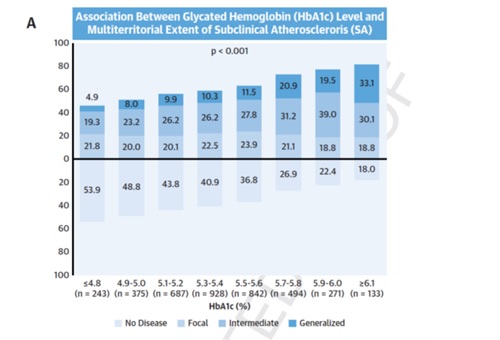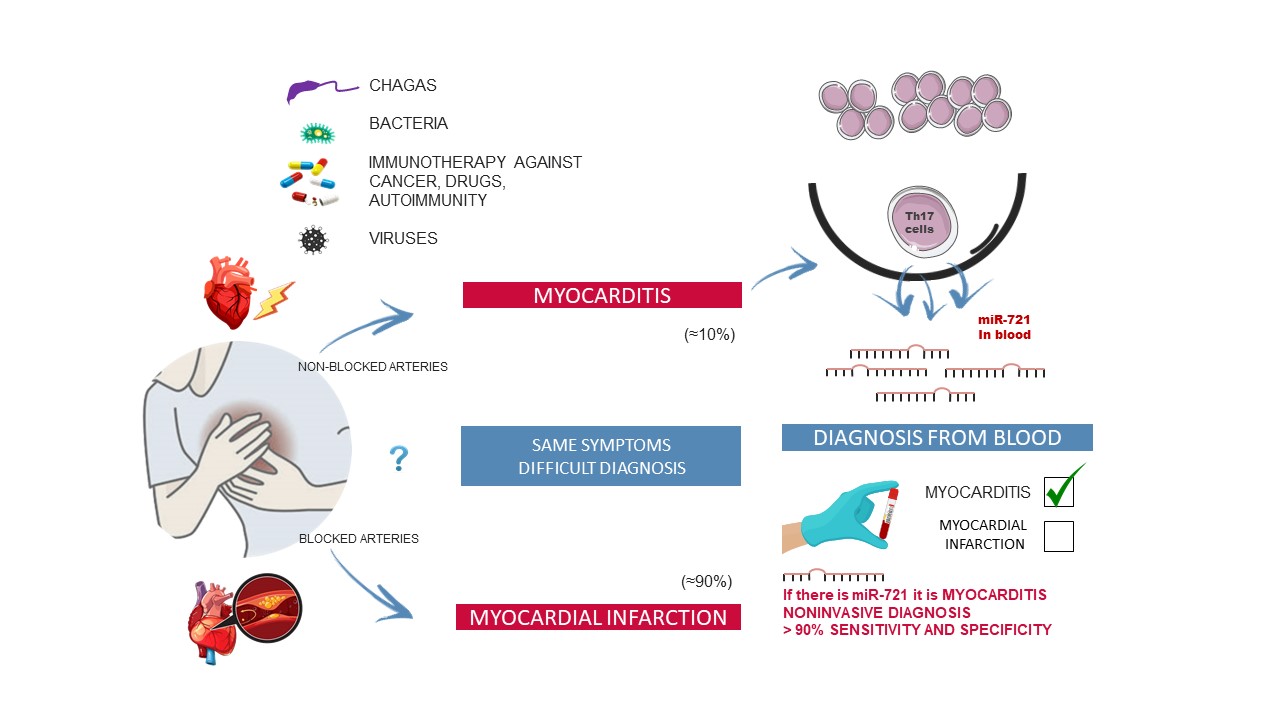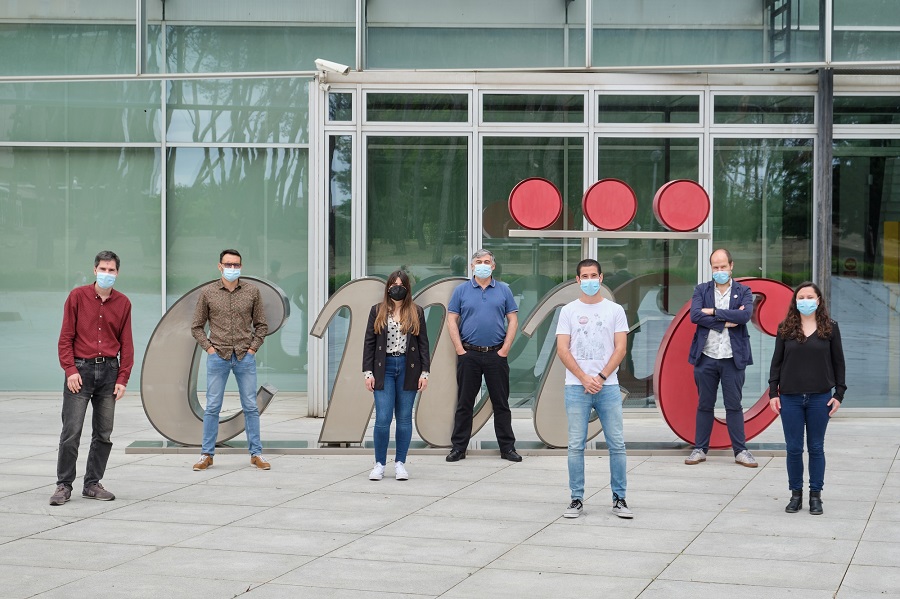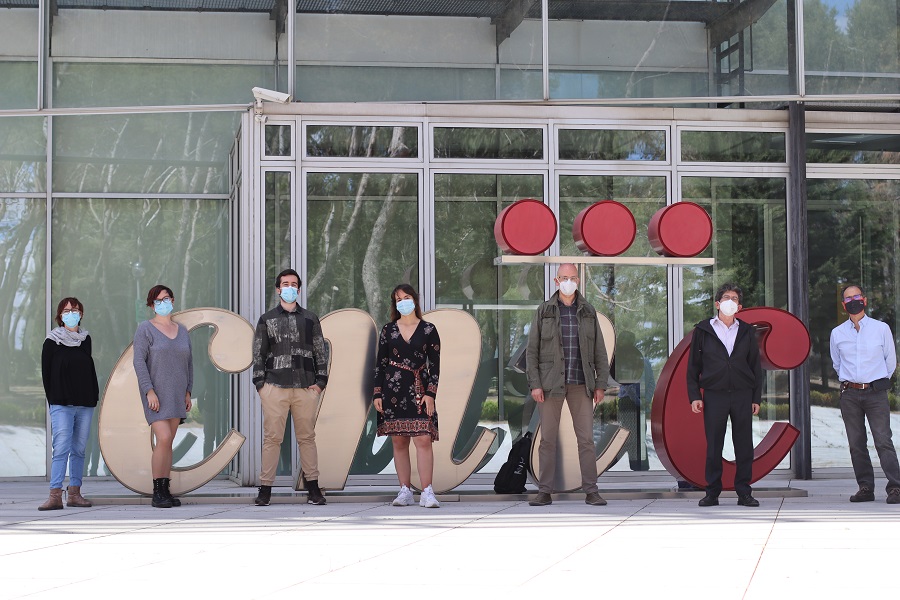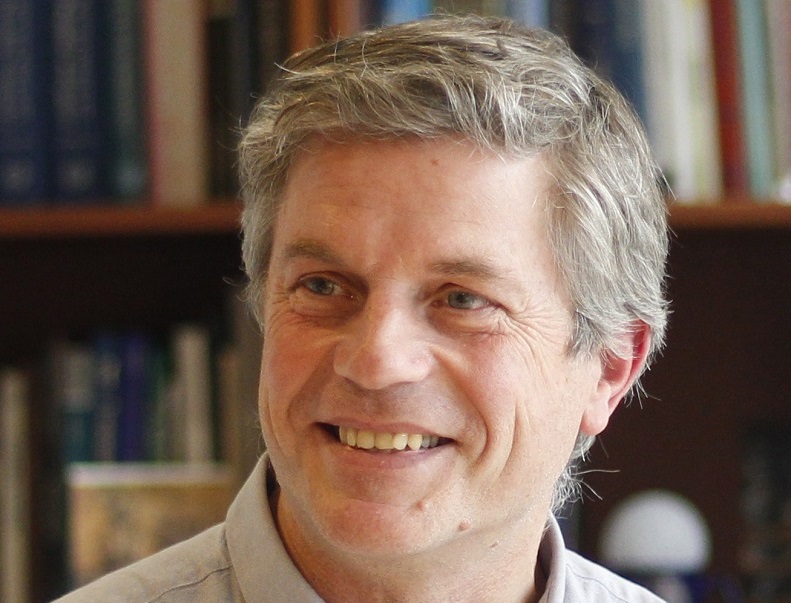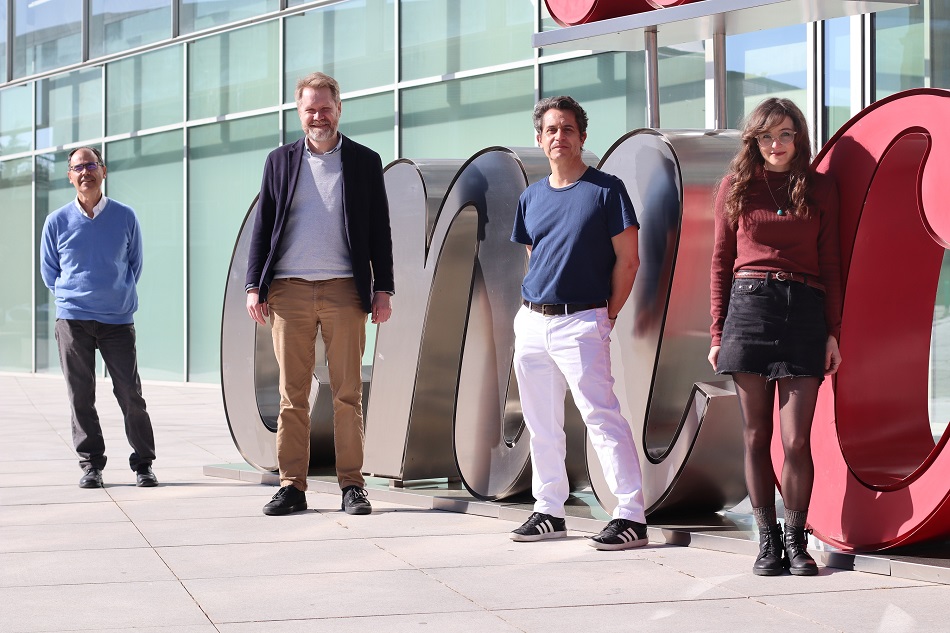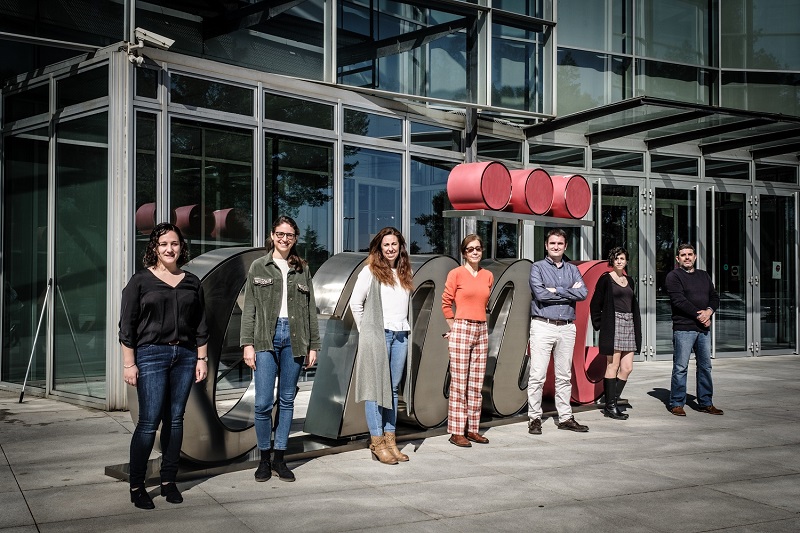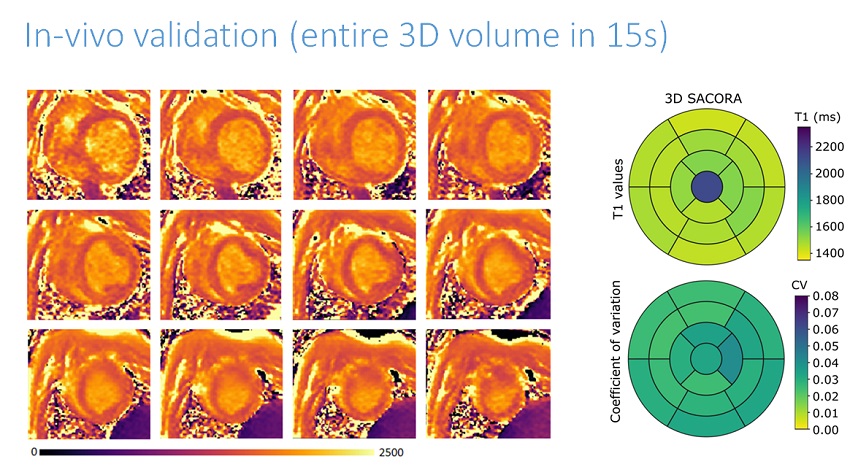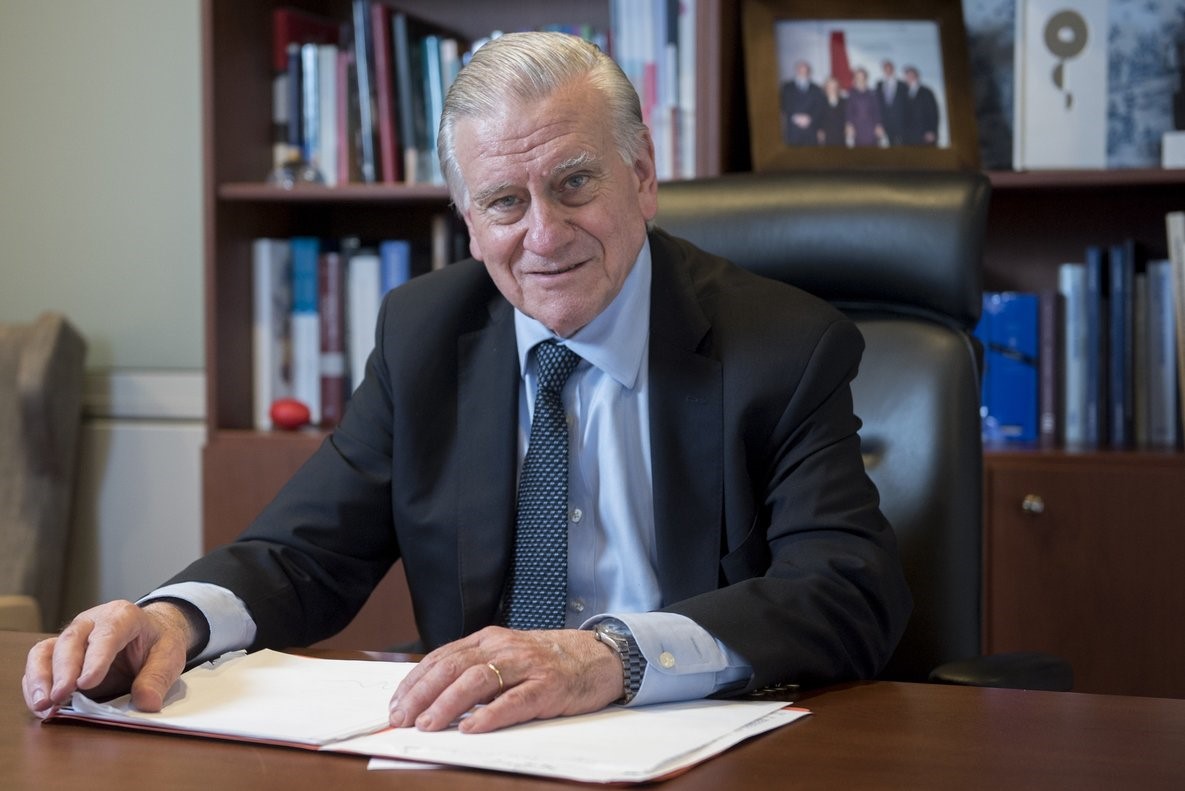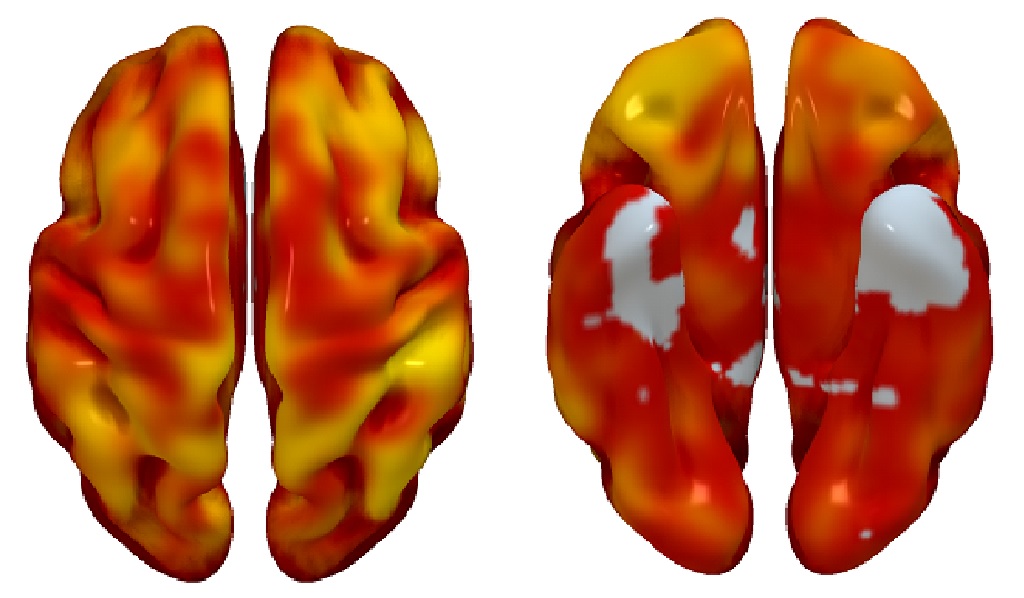News search
|
Research 31 May 2021 In an article published in JACC, CNIC scientists report a method for improved ranking of cardiovascular risk in individuals without diabetes |
|
Research 27 May 2021 The diagnosis of acute myocarditis is challenging, and the availability of a sensitive and specific early marker of acute myocardial inflammation could have a major impact on its clinical diagnosis |
|
Research 14 May 2021 Scientists at the Centro Nacional de Investigaciones Cardiovasculares (CNIC) have designed a new strategy to potentiate immunotherapy, the treatment that has revolutionized cancer management |
|
Research 11 May 2021 Scientists at the CNIC and CSIC have shown that elevated activity of proteins regulated by nitric oxide (NO) causes the aortic disease seen in Marfan Syndrome patients |
|
About the CNIC 10 May 2021 Dr. Torres is a member of the European Molecular Biology Organization (EMBO). Dr. Miguel Torres’s scientific research focuses on the regulation of embryonic development and the formation and regeneration of organs. |
|
About the CNIC 13 Apr 2021 The new insight supports the need to keep both LDL cholesterol and blood pressure low throughout life by healthy diet choices, weight control, exercise, and, when needed, by drug therapy |
|
Research 5 Apr 2021 The study, carried out at the Centro Nacional de Investigaciones Cardiovasculares (CNIC) and the Hospital Universitario Virgen de Arrixaca in Murcia, establishes clonal hematopoiesis as a new cardiovascular risk factor and an important link between aging and cardiovascular disease |
|
About the CNIC 22 Mar 2021 The development of this 3D T1 mapping technique, called "SACORA", comes as part of the ongoing collaboration between CNIC and Philips |
|
About the CNIC 25 Feb 2021 Dr Valentín Fuster, Director of the Spanish National Centre for Cardiovascular Research (CNIC) is to receive the Gold Medal of the Association of Cardiovascular Imaging of the Spanish Society of Cardiology (SEC) for his original and innovative scientific activity in cardiovascular imaging to reach new frontiers in cardiovascular health of the heart and brain. |
|
Research 15 Feb 2021 Among the modifiable cardiovascular risk factors showing a close association with reduced brain metabolism, the research team found that the most important is hypertension |
- ‹ previous
- 14 of 43
- next ›
